The first Congo River School, a joint AfreWatch and EarthRights International training program held in 2023 for 24 Congolese community leaders, focused on identifying and documenting environmental and human rights harms caused by large mining and development companies. These companies are drawn to the Democratic Republic of the Congo by the country’s natural resources, as a concentration and grade of minerals such as copper, cobalt, and lithium exist here unlike anywhere else in the world. And unlike most other places, companies operating in the DRC are able to mine and extract these resources with little oversight and accountability for what happens to nearby people and places. This leads to predictable and catastrophic violations of human and environmental rights.
“The people in the communities, in the territories, especially in the global South, are suffering the consequences of the natural resources exploitation, the consequences of capitalism,”
-Juliana Bravo Valencia, EarthRights Amazon Program Director
The second Congo River School, held from August 5-16, 2024 in Kinshasa, DRC, moved from gathering evidence of the toxic impacts perpetrated by corporate ne’er-do-wells to how communities can fight back. “We face many difficulties. We don’t have potable water, hospitals, or road infrastructure. All this needs to be addressed by the companies; they need to know that it is their duty to contribute to the community. They cannot come and leave us with holes,” said Faustin Kasongo Wa Banza, a Congo River School student.
Participants learned about stakeholder and power mapping, the differences between root causes and symptoms, and how to define and present an advocacy request. Congolese lawyers and non-profit leaders led sessions on legal rights, security, and how to strategically interact with mining communities. Bravo Valencia illustrated connections between challenges facing communities in the DRC and Latin America, while facilitators from Zimbabwe, Ghana, Senegal, Liberia, and Mali shared examples of successful communications and advocacy tactics. This regional and international exchange and sharing of ideas is intentional. ”The government and the states and companies exchange and share their strategies, now is the time in which the communities and defenders try to enforce and improve their own experiences and their own strategies, and one of the most important things is the process in which they can share and exchange [with] each other,” added Bravo Valencia
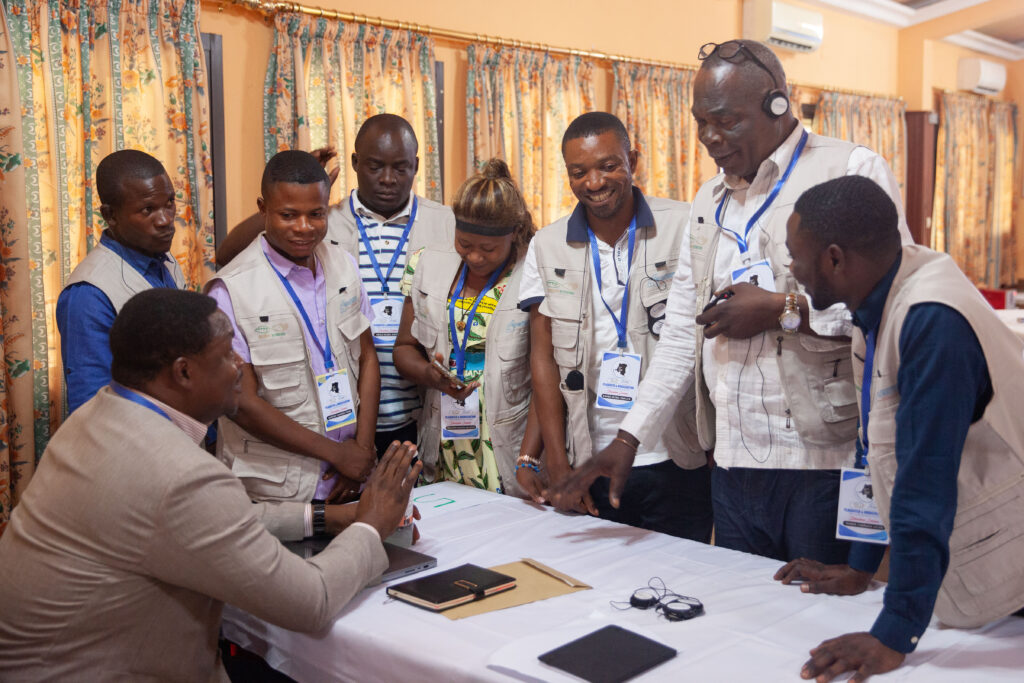
Just as intentional is the focus and desire for real, accessible knowledge that participants brought to each day’s sessions. The communities that the students come from have lived with the consequences of reckless and irresponsible mining and extraction for years. Participants in the Congo River School want their communities to know there is another option, and are committed to sharing their learning with their home communities.
“If people remain ignorant, there will be no change or improvement. But if people know their rights, they will know whom to approach to demand their rights, and that will benefit us. But if people stay the same, without knowing what the terms of reference are or who to approach if a company causes negative impacts, then nothing will change. We want our communities to change and improve,”
-Bellange Tshilanda Kalunga, a student.
But participants did more than learn how to advocate and engage with stakeholders, they actually met and shared their communities’ reality with key stakeholders in Kinshasa, including the Minister of Mines, the Department for the Protection of the Mining Environment, Congolese Environmental Agency (ACE), the Swedish Embassy, and Resources Matter. ”It was really an important meeting and an unforgettable experience because we not only presented the problems but also received guidance to find appropriate solutions,” said Heritier Mbuyu Ngoy, a student. “I talked about the environmental realities linked to oil extraction, such as pollution, destruction of the community’s livelihoods, and the emergence of some new diseases,” said Alphonse Khonde Ngoie, another student. Participants also drafted a press release and hosted a press conference that resulted in print and broadcast media coverage.
At the close of the second Congo River School, each community designed and presented an Action Plan outlining their future strategy and the activities they would lead within their home communities. Each community proposed a budget, identified objectives, and committed to specific actions.
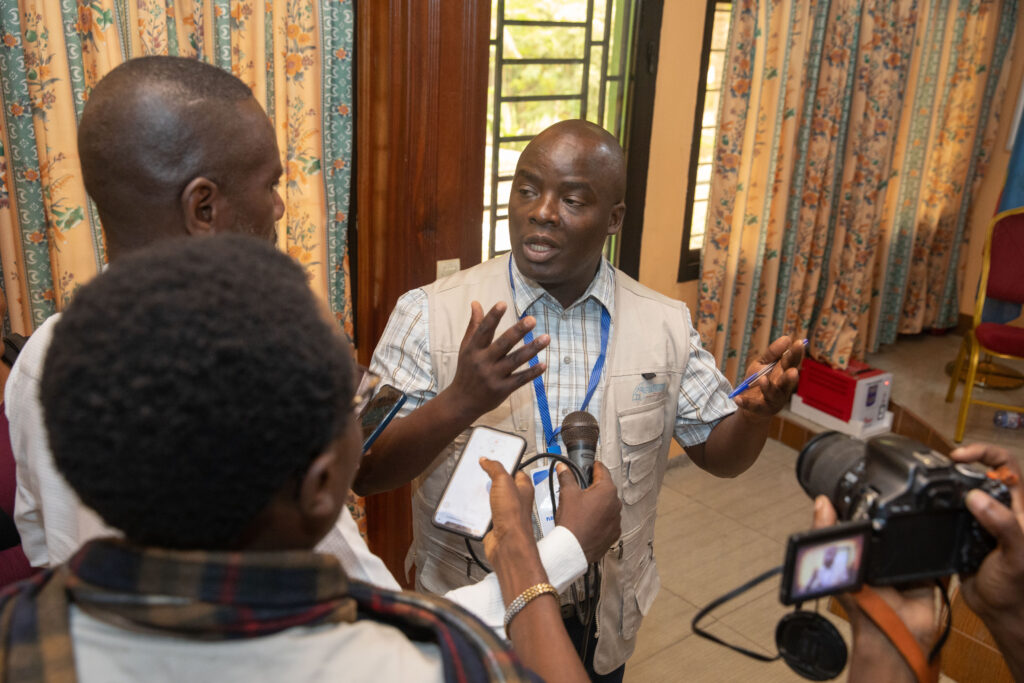

“Next year, in the next 6 to 12 months, I will work on raising awareness among community members. Beyond raising awareness, I will organize training sessions on the different mechanisms discussed here and the country’s laws. I will also initiate magazines and radio shows that will work to raise awareness in communities about potential dangers and how they can identify violations. Beyond that, I want to bring together all the communities living in different areas so that we can form a single voice and create a force to advocate for our common cause,” explained Khonde Ngoie.
The first Congo River School helped participants understand when their rights were violated and in what ways. The second Congo River School focused on how to advocate and fight for these rights. Combined, these trainings will strengthen communities’ ability to advocate and raise their voices.
“We believe that with the theme we had this year, we will conduct advocacy, train our communities, and try to expand our influence to further carry the cries of our communities, that communities no longer cry, that communities no longer complain, but raise their voices higher,”
-Simplice Bambie Hioma, a student.
Blog created in partnership with Juliana Bravo Valencia.
The Congo River School and the work led by 24 brave Congolese activists would not be possible without the generous support of our friends and funders. Thank you!
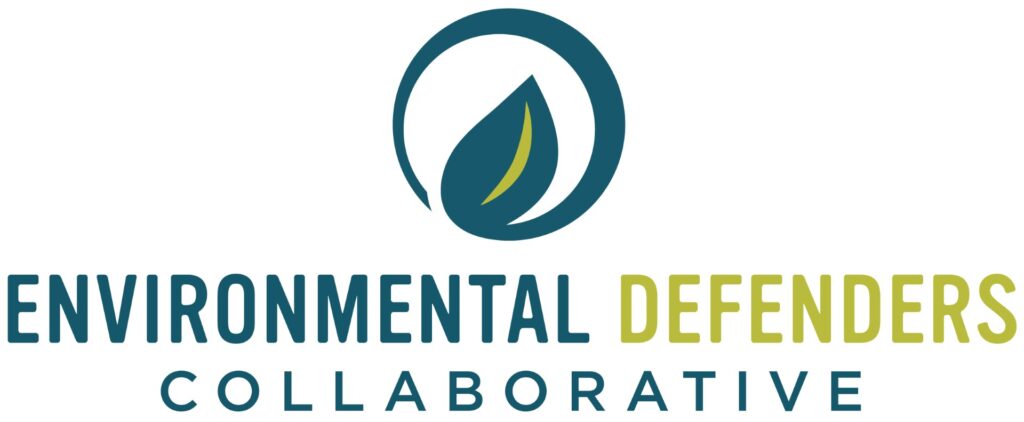
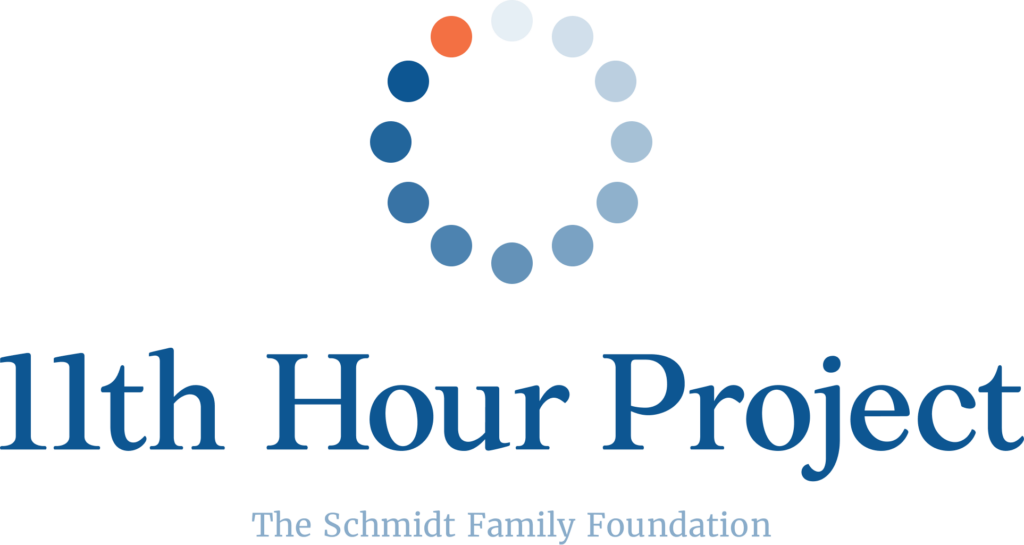

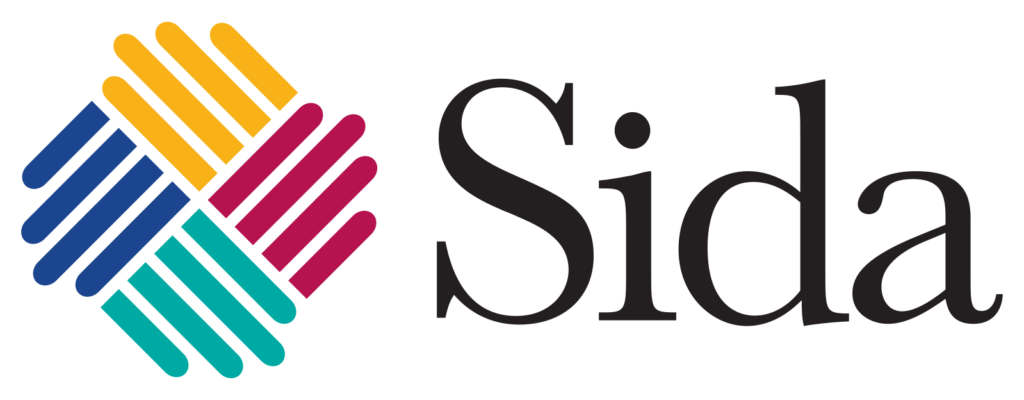
Juliana Bravo Valencia






